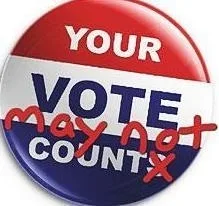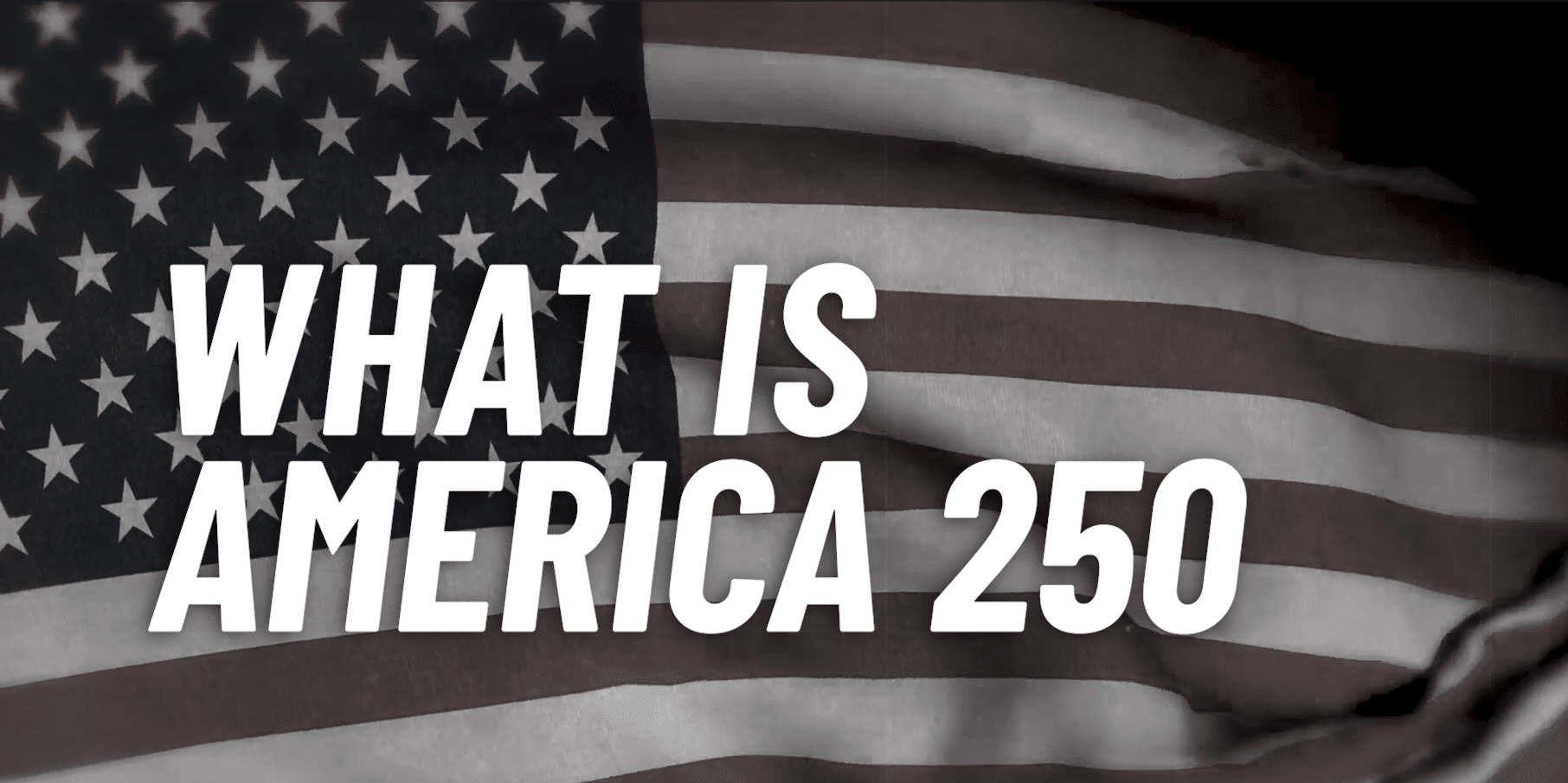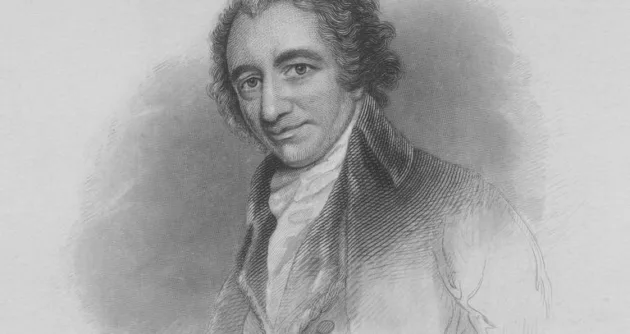If You Think the Electoral College is the Only Problem – Well, that’s Part of the Problem
In the still early years of the twenty-first century, two presidents have been selected – not elected – without the assenting vote of the majority. How this could happen in a so-called democracy is the question of the day following Donald Trump’s successful clinching of the 2016 presidential contest. He didn’t win it by getting more people to vote for him. Instead, he prevailed by winning the votes of a magic number of Electoral College (EC) delegates.
In 2012 Trump called the EC “phony” when it seemed possible Mitt Romney might win the popular vote but not the EC. Now that the popular vote has gone against him and the EC is set to select him as the next president anyway, Trump is quoted as saying, “The Electoral College is actually genius in that it brings all states, including the smaller ones, into play.”
It’s a case of states’ rights trumping the actual vote count. Does it make sense? No, not if “one person – one vote” means anything. But the states that use a “winner-take-all” method of assigning EC delegates to presidential candidates exert a degree of sovereignty that would be lost in a nationwide system that respected the popular vote. Only Maine and Nebraska assign delegates proportionally.
The election of 2000 was the last time the biggest vote-getter lost the presidency to the EC. In a nail-biter of a popular vote finish, the votes of Florida’s EC delegates were given to George W. Bush when the U.S. Supreme Court halted a vote recount in the state. Al Gore, who won the popular vote nationally, went home to make a movie about climate change instead of moving into the White House. George W. Bush went on to invade and kill a million people in Iraq and blow three trillion dollars on the false pretense of protecting the U.S. from weapons the Iraqis never had. So yes, the EC’s dominance of U.S. presidential elections has consequences.
Hillary Clinton took the majority of the popular vote this year by a smallish but real majority, and Donald Trump will be the next president of the United States. There is consternation throughout the land that this undemocratic outcome will be at least as consequential as was the elevation of George W. Bush above the will of the people. “What gives?” You might ask. “Why do we have an EC at all?”
The Counter Revolutionary “Founding Fathers” and the Electoral College
The answer isn’t pretty. It exposes the “founding fathers” who wrote the current US Constitution for the undemocratic, racist, misogynist counter-revolutionaries that they were. In 1789 when the US Constitution was ratified, it included provisions that protected the property rights of slave owners against any claim that their human chattel had legal and civil rights. It institutionalized slavery as a constitutionally protected right of the owners of human “property.” Those “founders” made sure that no future generation could diminish the property “rights” of slave masters by electing abolitionists to high offices in government. The protection of privileges attached to ownership of property of all sorts, not just slaves, was the prime motivator for crafting the U.S. Constitution. They worked diligently and invented many novel mechanisms to insulate the unequal privileges of wealth from the challenge that an emergence of inalienable rights through democratic public governance might pose.
The “founding fathers’” concoction of the EC was just one of the constitutional tools included in the new frame of government. Those tools were intended to shield the special privileges attached to human property from the democratic power of the people.
Slave states were afforded an extra scoop of representation in Congress, thanks to the novelty known as the “three-fifths clause.” Likewise, delegates to the EC were assigned from each state, proportional to their populations, with slaves being counted as “three-fifths” of a human being. In addition, each state added two delegates to this total. The result: The EC delegates equaled in number their congressional representatives plus their two senators. This last refinement was a concession to less populated states, making each citizen in them better represented on the EC than more populous ones.
Securing Slavery and Protections for the Few
The “founders” negotiated in secret for a national government that would “protect the minority of the opulent against the majority,” as James Madison put it. They created a Constitution that gave slave owners power not only to disproportionately dominate the Congress, but through the EC they also secured a larger than equal degree of representation in choosing who would be president. Slave ownership gave those propertied citizens virtual control of the legislature and the executive branches. Worse, the dominance of the national government by the slave-holding minority extended to the judiciary as well. The presidents selected by the EC had the power to appoint life-term members of the Supreme Court, which had power to overturn laws enacted by the Congress.
The effect of the protection of privileges in property was that all three branches of the new government were dominated by the will of those who counted fellow human beings as cattle. The results were historic, with consequences that still haunt us. Slave states controlled law-making, the enforcement of law, and the judicial power to overturn laws up until the civil war. Their undemocratic and unequal power to govern ensured that no legislation challenging slavery would go forward. And today, despite the abolition of slavery and the nullification of the three-fifths clause, case law created by antebellum judges continues to taint legal outcomes today. And the EC still determines who will hold the executive power, and who will preside over the legislature, defining which laws are acceptable and which ones are not.
Trump or Clinton: Neither is for Democratic Rights
Donald Trump will likely appoint two, maybe more members of the US Supreme Court, whose decisions will constrain the people’s representatives from legislating to change the privileges of property as ensconced nowhere more firmly than in the modern corporation. Trump grafted misogyny, scatology, narcissism, belligerence, nativism, conspiracy hype and racism to his campaign. They resonated with slightly fewer folk than those who voted for Hillary Clinton’s insubstantial message of ”who else ya gonna vote for with that clown as your alternative?” While Trump corralled the votes of white privilege by denying the equality of all of us to each other, and Clinton corralled the progressive vote by proclaiming equal rights for minorities, LGBTs and immigrants, neither called for equality with the privileged governing class. Neither dared champion the democratic rights of those who make up the majority to wrest governing control from the minority of the opulent. They divided the majority with vehement arguments over whether all of us who are slaves to the one percent would be equal to each other.
Trump may cling to his viscerally powerful rhetoric like a security blanket, but it’s merely a tool he employed for the purpose of manipulating emotions and securing a cohesive voter base. His offensive bloviations are props, the way judgmental Christianity has been a prop for the far right; the way fear of the know-nothings has been used on the left to protect the established Democratic hierarchy. These are not core political values for the candidates chosen for us to choose between. Whichever party won, it would by design have had no impact on the strangle-hold wealth has on governance in the US. These important issues of social justice are, in the eyes of both political camps, merely the herding dogs of the plutocrats, the ones Madison called the “minority of the opulent,” the one percent. This point is obvious if we take note of how regularly candidates in both parties have changed positions on gay marriage and abortion in response to public sentiment.
Trump’s election does nothing to change the plutocratic nature of governance in the US. He may have appealed to blue collar whites, but he’s not one of them. And though the path this billionaire took to power may differ cosmetically from the one prior Republican candidates have followed, the outcome is no different, and so the methods he used won’t matter to the party members he savaged during the campaign. Had Clinton secured the EC votes needed, it’s not clear the status quo for the billionaire class would have been affected either.
So What Is the Problem?
Let’s be clear: the problem isn’t just the EC, any more than it’s just Citizen United or political gerrymandering or voter suppression. It’s all of those things plus the many other legal and constitutional mechanisms devised by the self-appointed governing class to prevent any change that would diminish their wealth and authority to govern.
In the confidential security of the secret constitutional convention of 1787, Alexander Hamilton said, without contradiction from his fellow conspirators,
“All communities divide themselves into the few and the many. The first are the rich and well born, the other the mass of the people…Give therefore to the first class a distinct, permanent share in the government. They will check the unsteadiness of the second.”
Broadway musicals lauding his devotion to democracy notwithstanding, he helped craft a constitution that allowed those with wealth to govern, while the rest naively believe their voices matter.
Alexander Hamilton admitted that both Madison’s and his plan of government “are very remote from the idea of the people,” although he argued that “the people are gradually ripening in their opinions of government. They begin to be tired of an excess of democracy.” He proposed to his elite colleagues that a compromise between his and Madison’s plans would serve as an acceptable alternative to what they preferred: a propertied aristocracy governing openly. The result, what became the US Constitution, he said would be “but pork still, with a little change of the sauce.”
Today we continue to slurp down that pabulum, and every few years when the undemocratic stew they constitutionalized for our consumption churns up something nasty looking that looks back at us curiously, we grimace with distaste, as though surprised every time.
And so we continue to live under a system of law and governance that elevates corporations and profits over people and nature. This remains true no matter who is president, and will not change until we build a broad people’s movement to establish rights for people and nature over the systems that control them.
CELDF is spearheading that movement, working to establish rights for humans and nature over the systems that control them. Help us advance those rights in 2017 – donate today.



